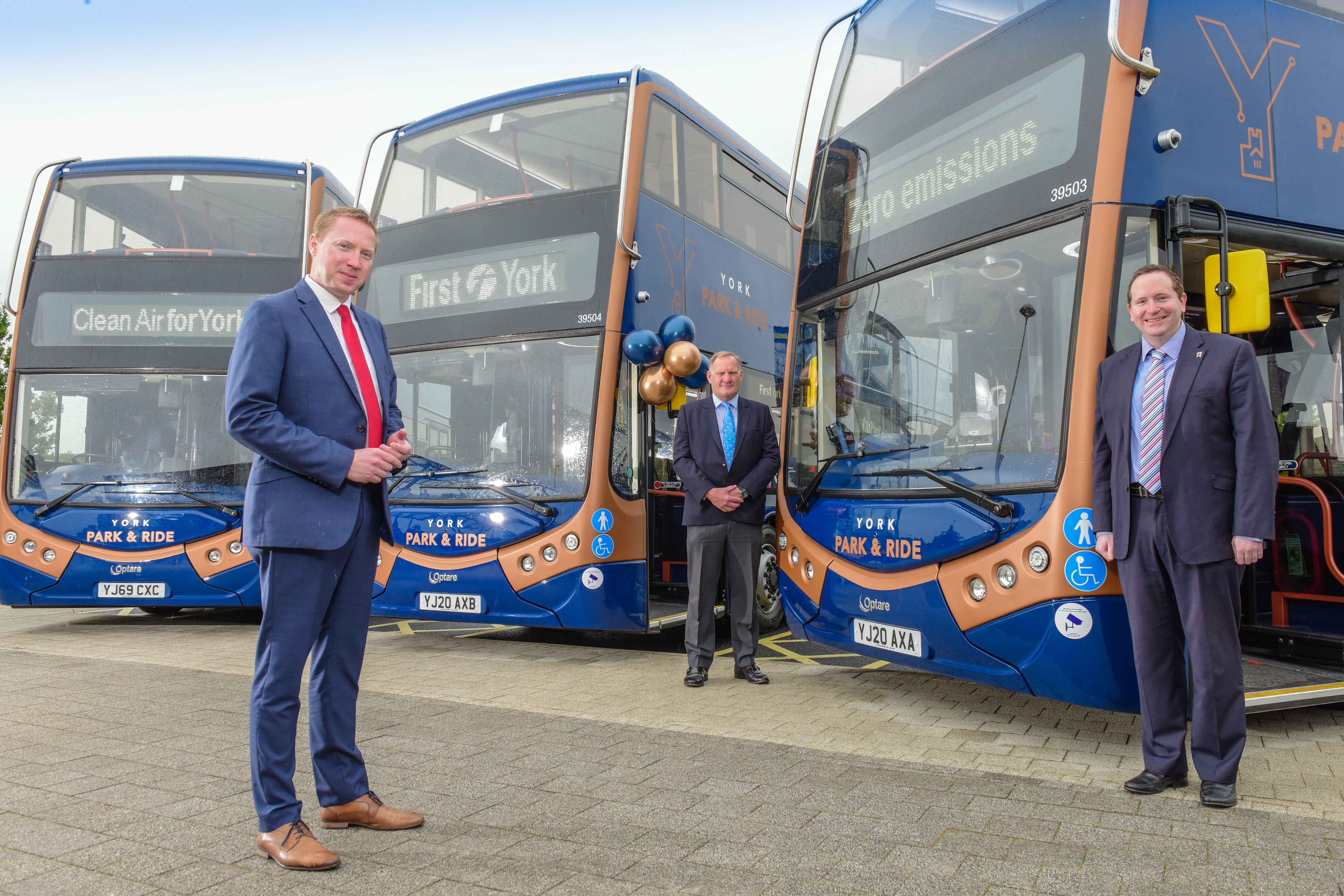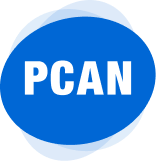Clean Air Zone: Air Quality and Carbon Reduction from buses and EV charging points
Julian Ridge, Sustainable Transport Manager for City of York Council, explains that York is the first city to have a voluntary clean air zone for buses.
Who are the partners in this work?
This scheme has been delivered by the seven bus operators in the York Quality Bus Partnership. This was done in partnership with City of York Council, who provided £1.6m.
What changes have happened with buses in York?
The scheme has now fitted around 95% of the buses used frequently within the clean air zone (CAZ), and 90% of those used in York as a whole. All buses that have 5 or more mile journeys across the city are electric/ultra low emissions.
York now operates the biggest zero-emission park and ride bus fleet in the country. 33 fully electric buses have been introduced on park and ride through linked programmes, making 5 of York’s 6 park and ride sites fully electric.
Many of the Park and Ride sites also operate as electric vehicle (EV) charging points.
What impact will this work have on carbon dioxide emissions?
The Park and Ride fleet will save 1.6m kilos (1,600 tonnes) of CO2 emissions every year.
However, usage statistics are currently obscured by the greater impact of the pandemic and local restrictions on passenger numbers.
What is the timeline for compliance with the clean air zone?
The decision was made by Spring 2019. A Traffic Regulatory Order was introduced in January 2020, with the need for compliance by the end of January 2021.
What plans do you have for the future?
The remaining 5% of buses not yet electric/ultra low emissions are expected to be fitted in the next 3 months (after some delay as a result of the pandemic), after which only buses visiting York centre infrequently will meet anything less than the highest emissions standards.
In the next 12 months 3 sites will be fitted with ultra fast EV chargers enabling cars to be charged in 30 minutes, many of which will be fed by solar panels.
How could others learn from and replicate your experience?
It is possible to work with bus operators to achieve this – the technology exists and it makes a huge difference. Upgrades cost around £15-£20k per bus.
Note: This is one strand of City of York’s work on integrated travel.






